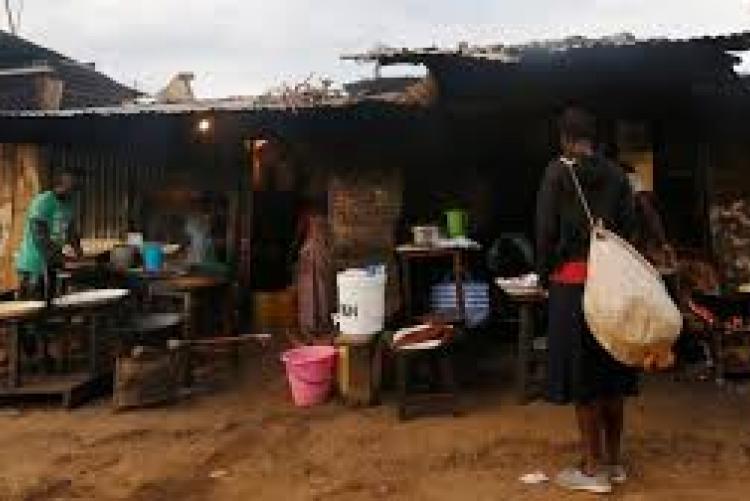Kenya’s gross domestic product (GDP) is projected to decelerate substantially in 2020 due to the negative impact of the COVID-19 (coronavirus) pandemic. Economic growth projection remains highly uncertain and the outcome will hinge on how the pandemic plays out internationally and within Kenya, along with policy actions taken to mitigate the situation. The latest World Bank Kenya Economic Update (KEU) predicts growth of 1.5 percent in 2020 in the baseline scenario, with a potential downside scenario of a contraction to 1.0 percent, if COVID-19 related disruptions in economic activity last longer.
The government’s immediate action has focused on strengthening the health system which faces an extraordinary challenge to contain the spread of COVID-19 and care for the infected. Further health policy measures such as working from home, travel restrictions, the closure of schools, the suspension of public gatherings, and a nightly curfew, are necessary to delay the spread while the country ramps-up investment in its healthcare systems. Nonetheless, they are also quite costly to the economy by reducing social interaction, production and demand across all sectors.
“We recognize that Kenya must balance between reducing the spread of the virus and cushioning Kenyans particularly informal workers and youth who make up 70 percent of the population from the adverse economic effects posed by COVID-19,” said Felipe Jaramillo, World Bank Country Director for Kenya. “In partnership with other development partners, we are supporting the Government of Kenya through financing and technical advice to strengthen its health systems capacity to contain the spread COVID-19.”
The hardship from the crisis would disproportionately befall the poorest and the most vulnerable households in Kenya. Many of these depend on farming (for the rural), self-employment and informal wage (for the urban). Protecting their earnings and reaching households through cash transfers is considerably more challenging due to a nascent system of social safety nets, lack of proper physical address system, and updated welfare registers. It is critical, therefore, for the country to scale up available social assistance programs to provide poor households with food, water, and other basic supplies to cope with the crisis. It is also important, to customize COVID-19 spread containment measures to reflect local context and peculiar constraints faced by government such as limited fiscal space, and much less operational capacity to respond to help households and firms weather the crisis.
“Supporting small businesses and protecting jobs to cope with the negative effects of COVID-19 crisis is particularly critical at this time,” said Peter W Chacha, World Bank Senior Economist and Lead Author of the report. “This could be done by ensuring that vulnerable households have cash-on-hand, workers continue to receive salaries - even when temporarily laid-off-and that firms have enough cashflow (to pay workers and suppliers) and avoid bankruptcies.”
Kenya’s medium-term growth is projected to rebound fast (to about 5.6 percent over the medium term), on assumption that investor confidence will be restored soon after the COVID-19 pandemic is contained. The greatest uncertainty to this outlook, however, is the extent of the impact of COVID-19 global pandemic on Kenya. Unanticipated large-scale community transmission of COVID-19 could disrupt domestic economic activity more severely and reduce growth below the baseline. Residual risks include potential for drought and a second-round of locust invasion in mid-2020, which could reduce agricultural output and hurt rural incomes.
The report’s policy section focuses on options to strengthen healthcare system and testing capacity, to support firms, and to protect the most vulnerable households to cope with the COVID-19 global pandemic.
- Log in to post comments

